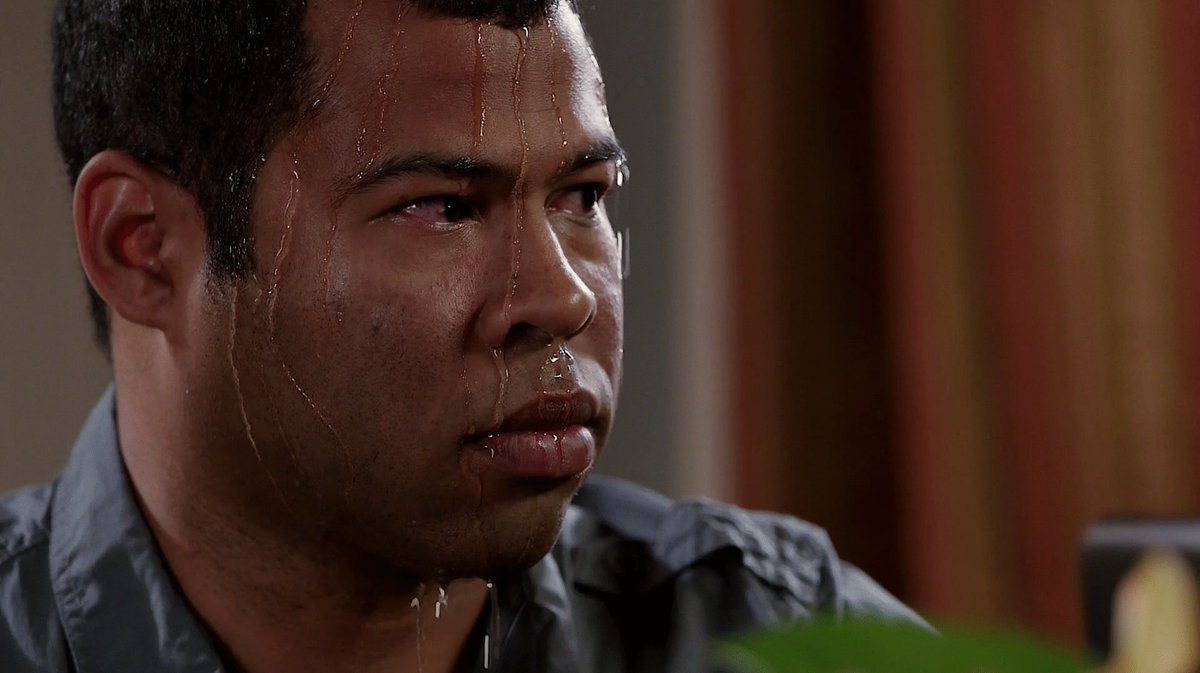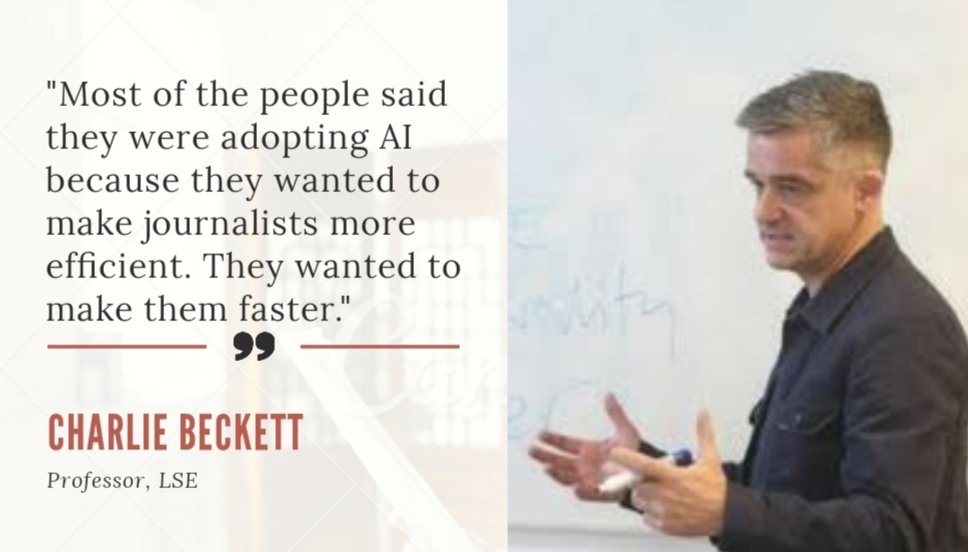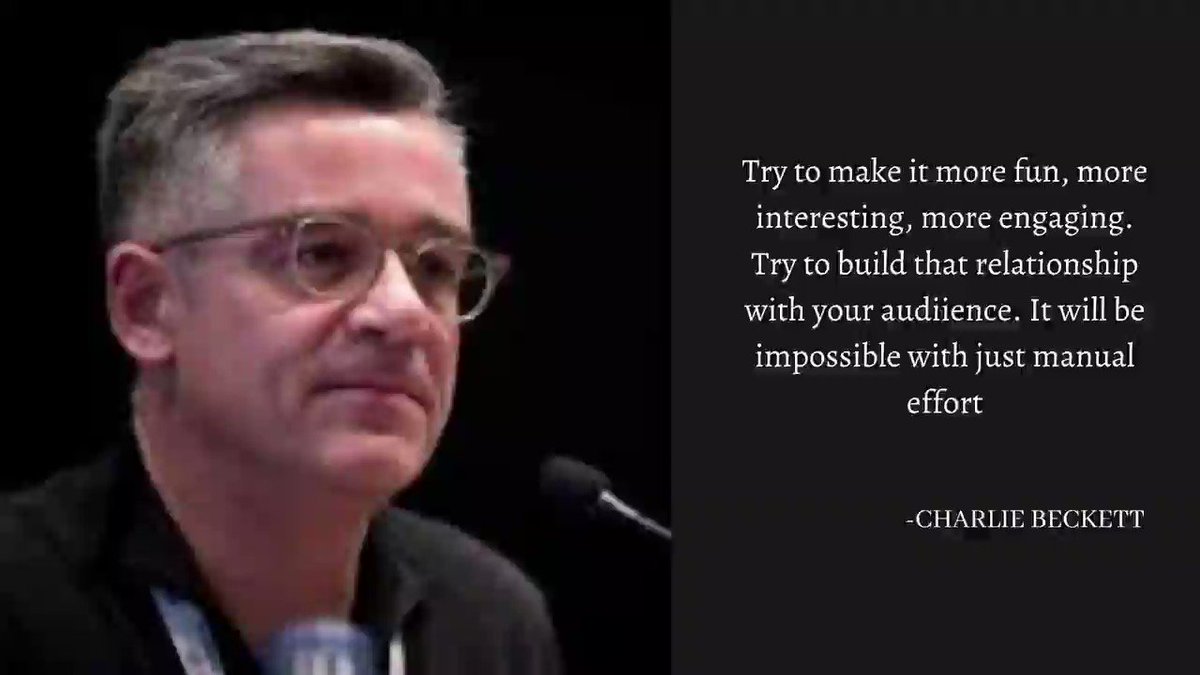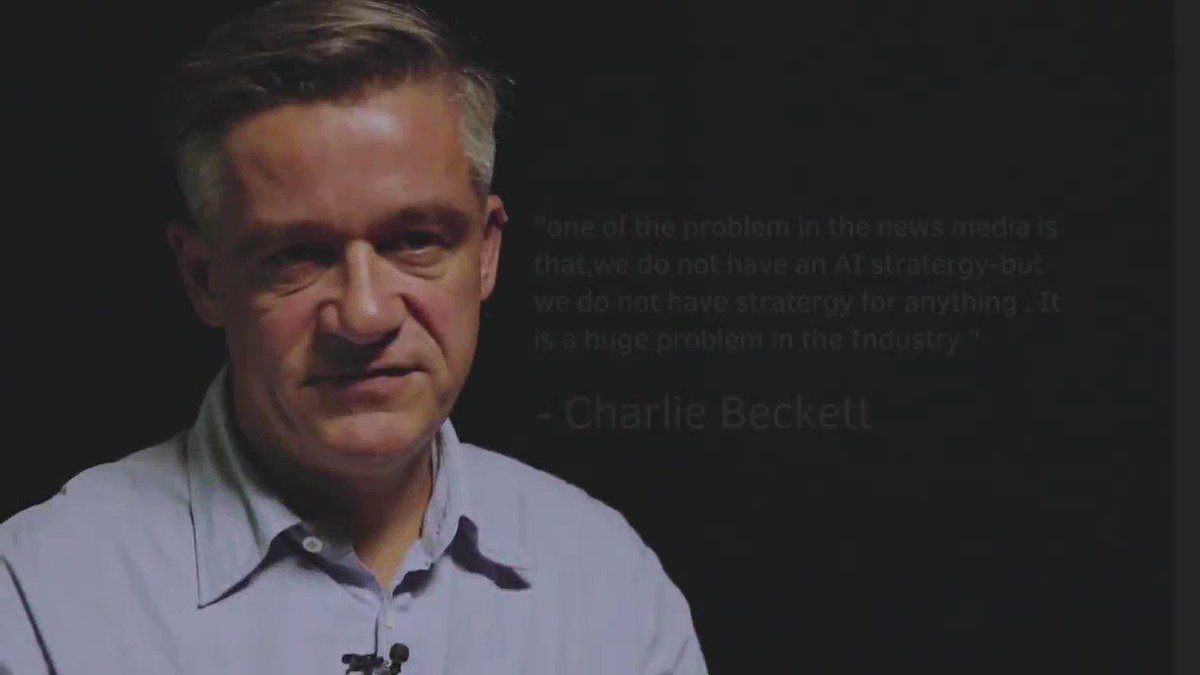Sudhanshu Sanwal
4:31
4:34
4:34
4:37
4:38
4:38
4:40
4:41
4:43
4:43
4:44
4:46
4:47
4:49
4:52
4:52
4:53
4:54
4:57
4:57
5:01
5:02
5:03
5:04
5:06
5:07
5:07
5:10
5:10
5:11
5:13
5:14
5:16
5:18
5:18
5:20
5:21
5:25
5:26
5:27
Connecting…












